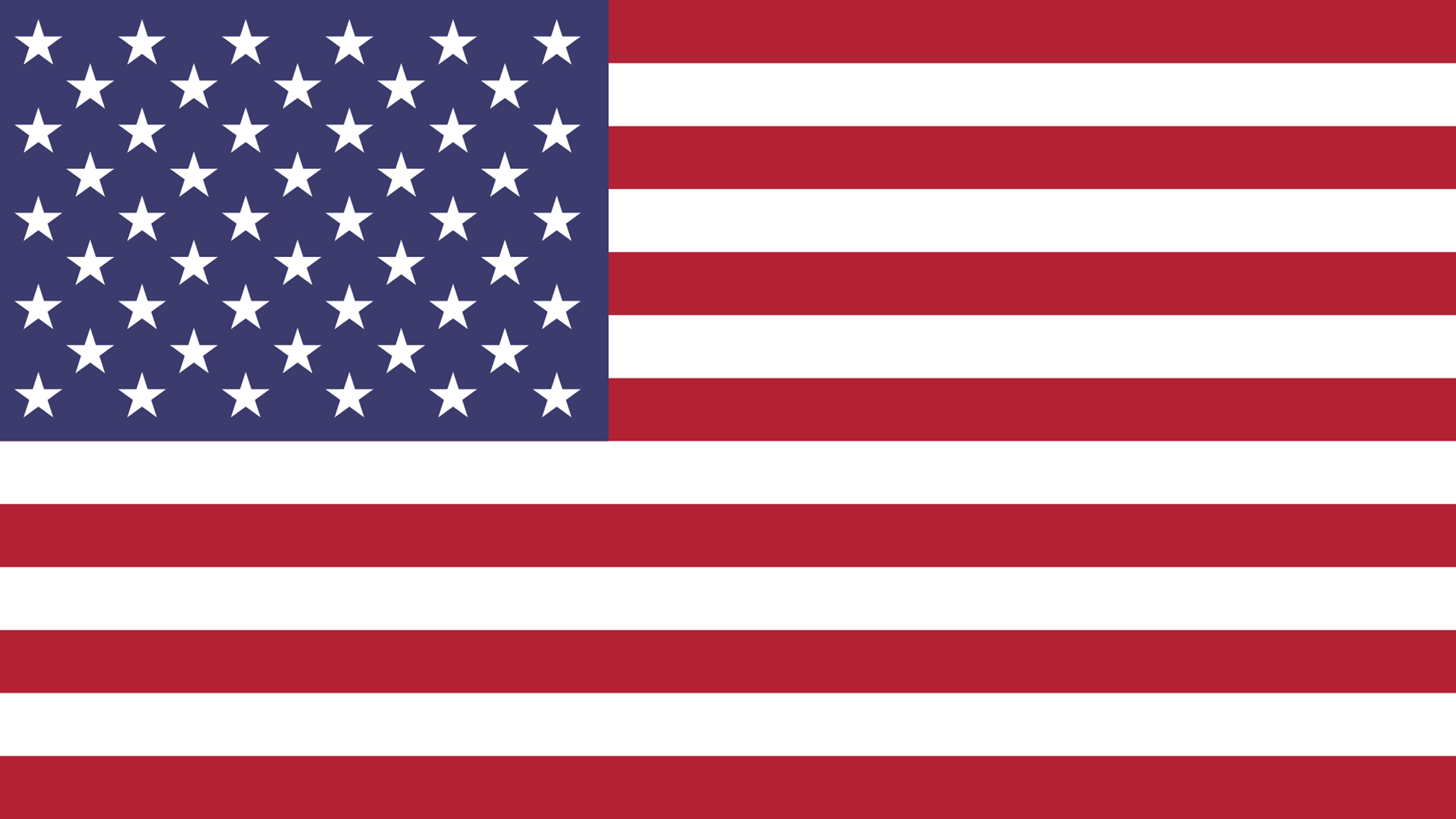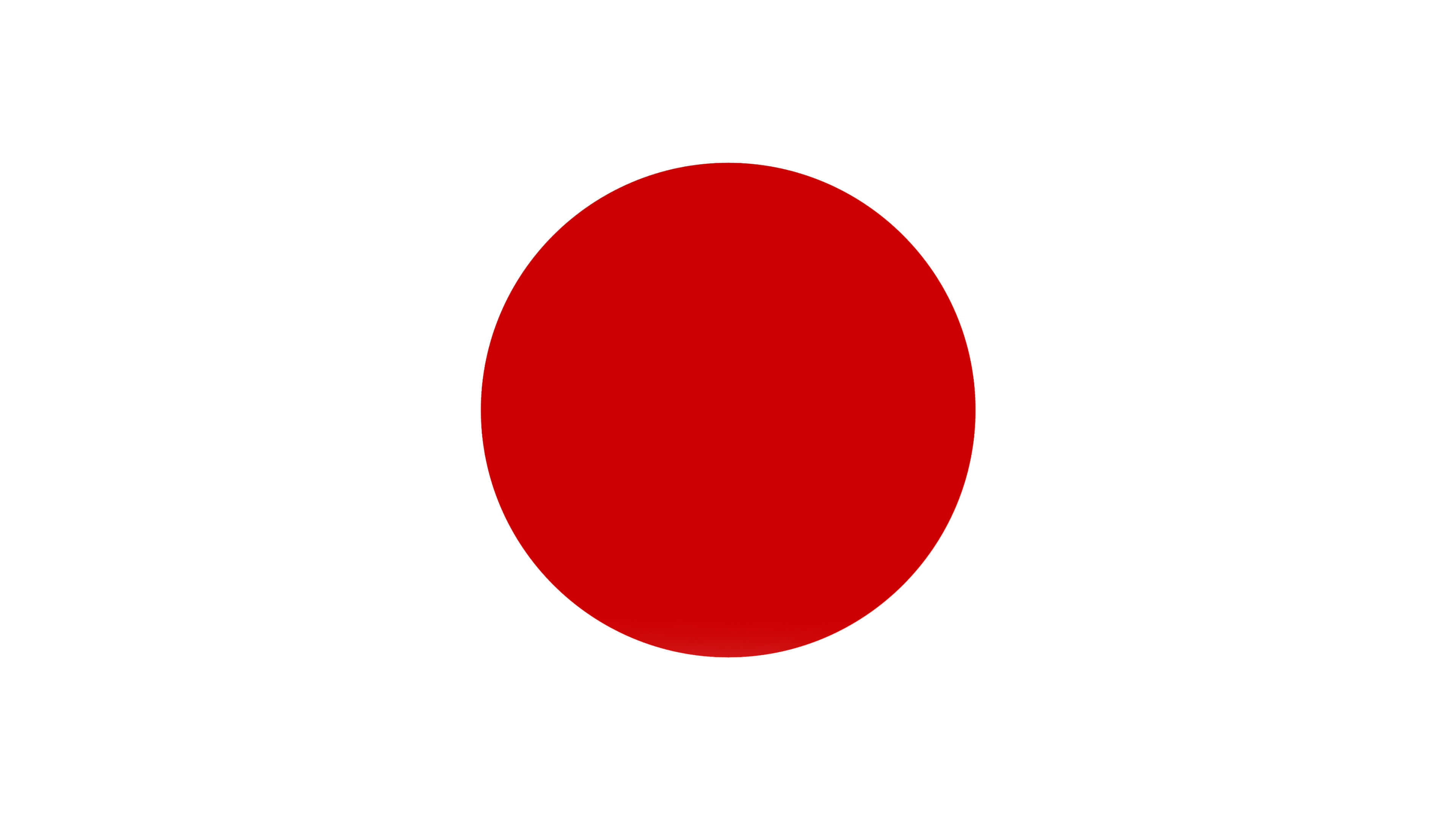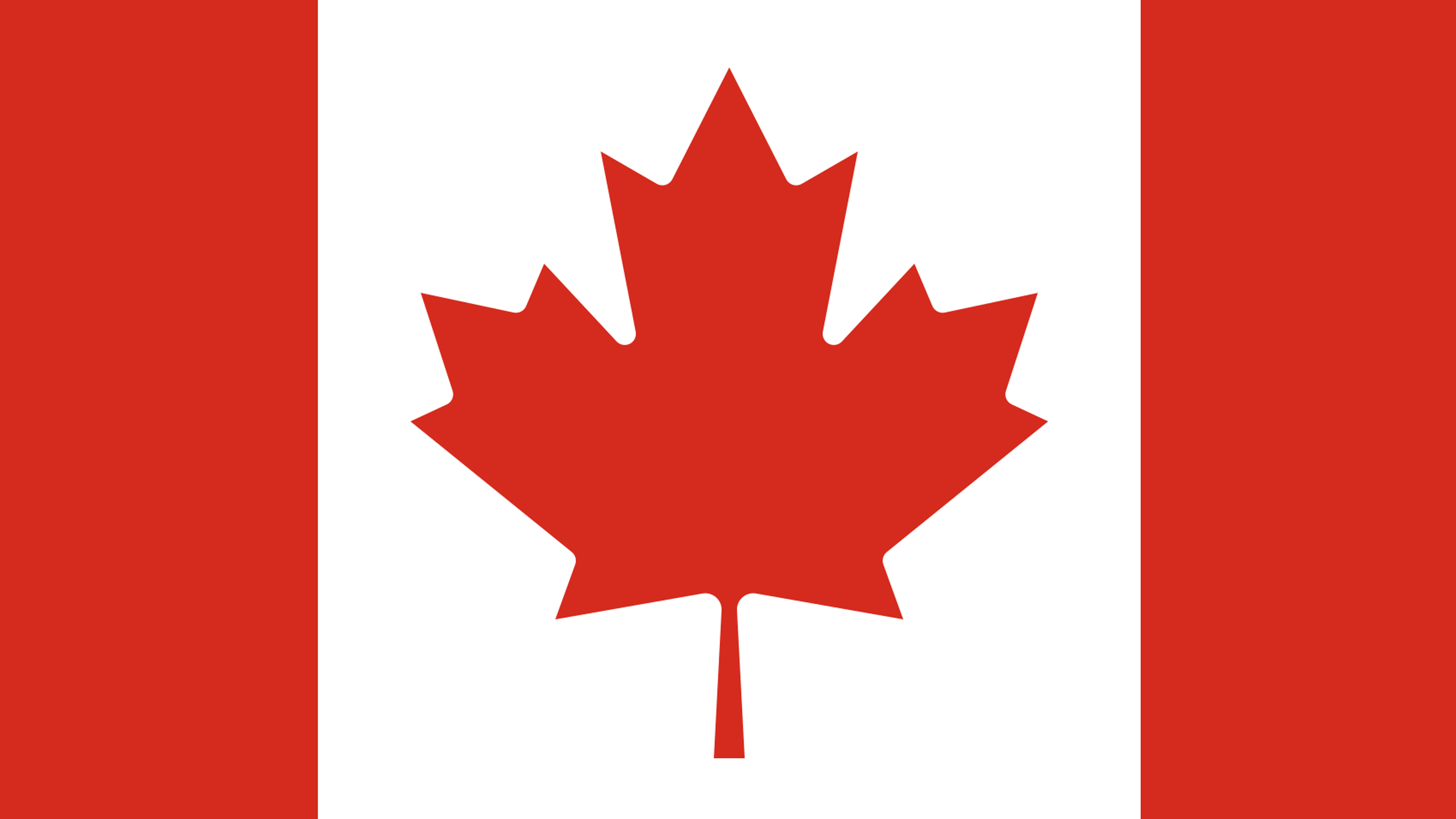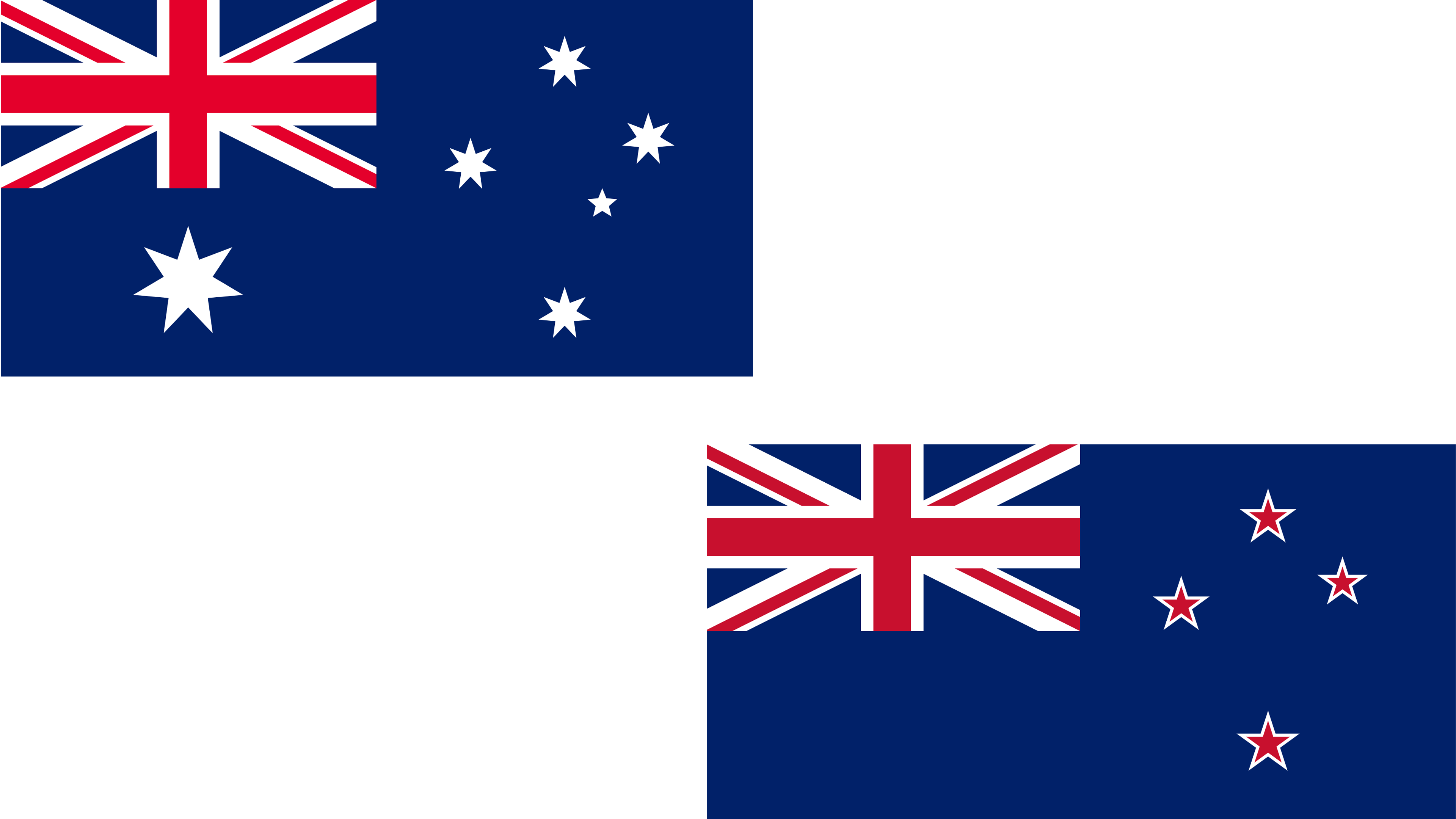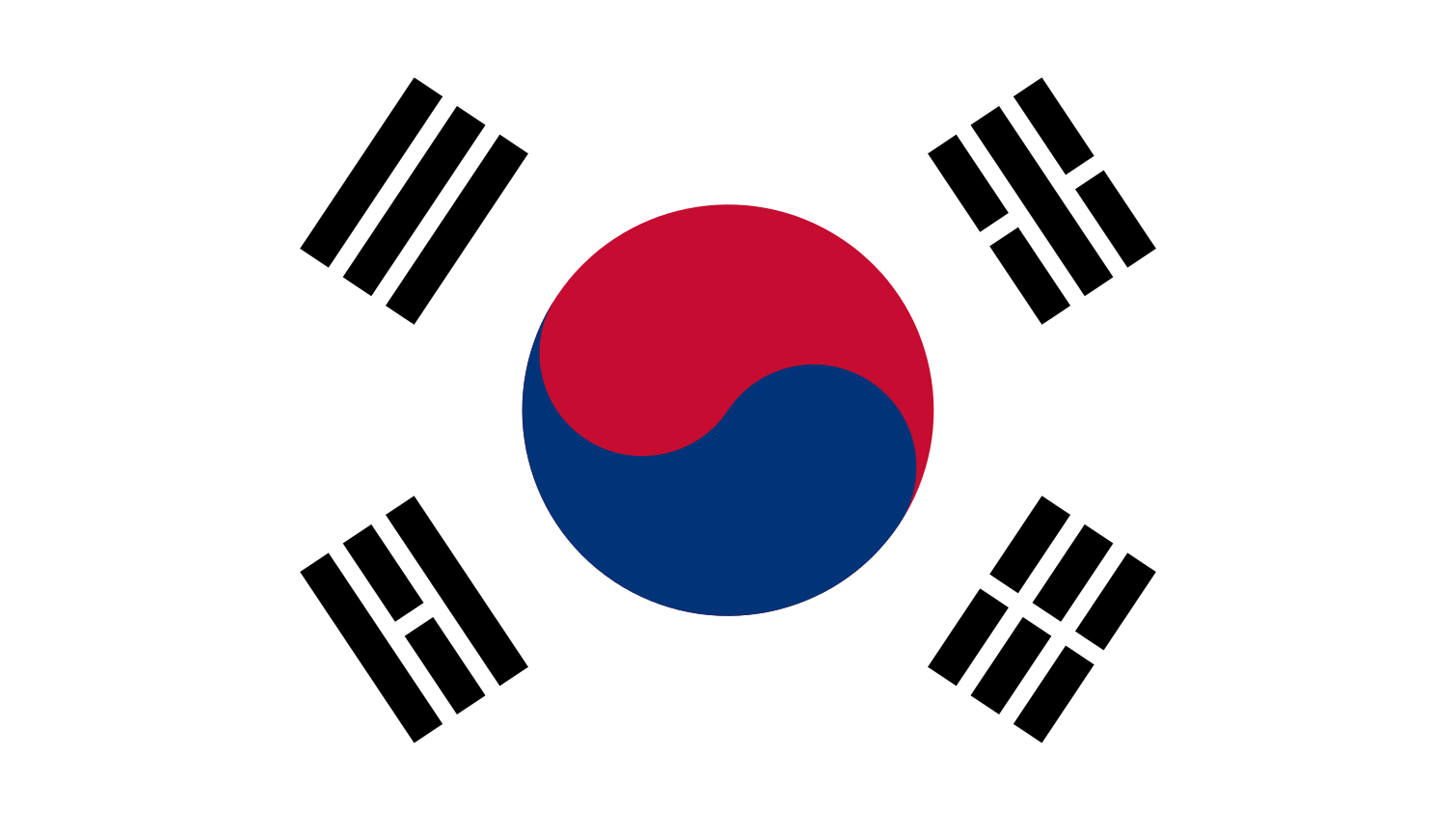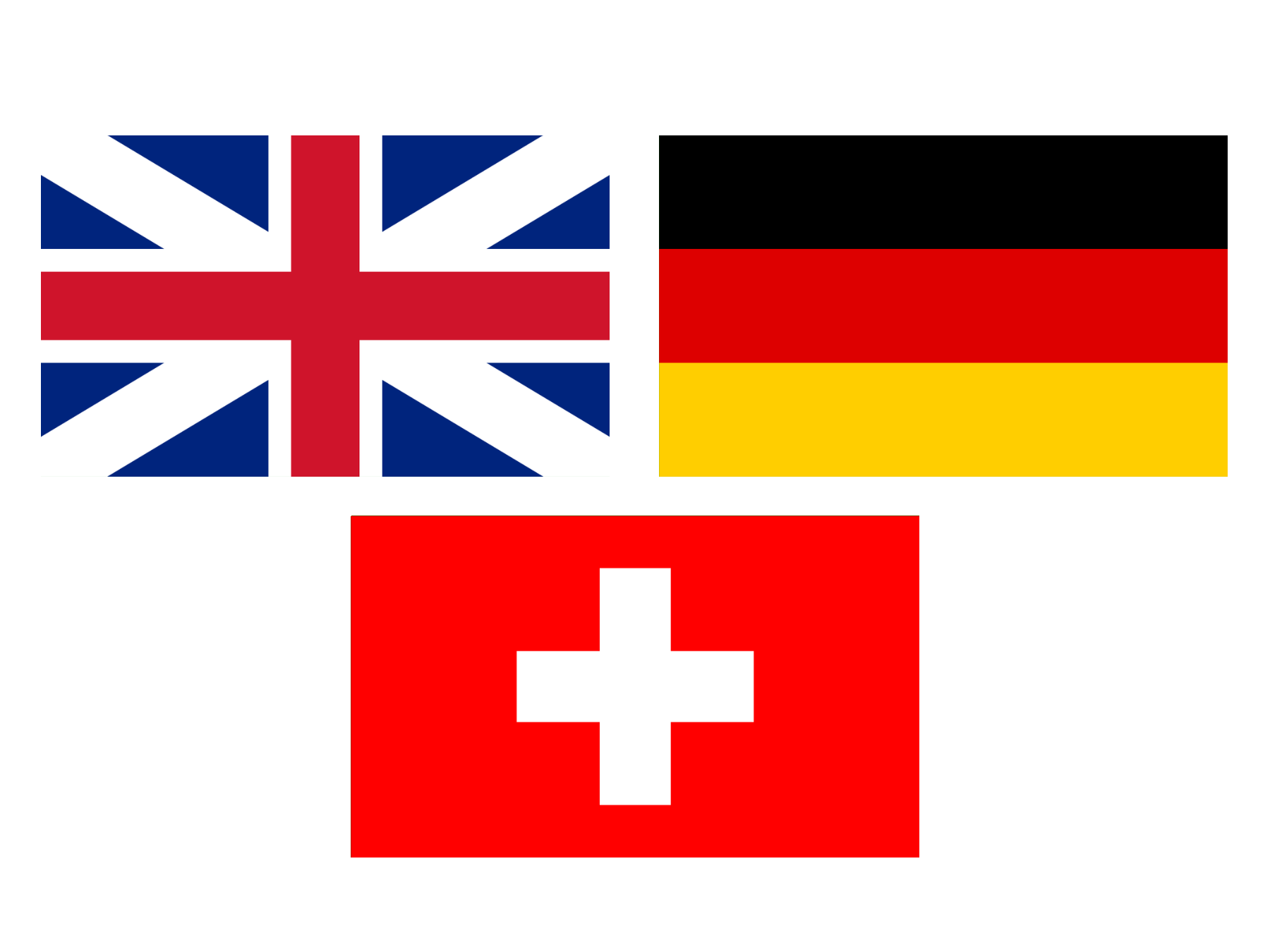Brand Marketing
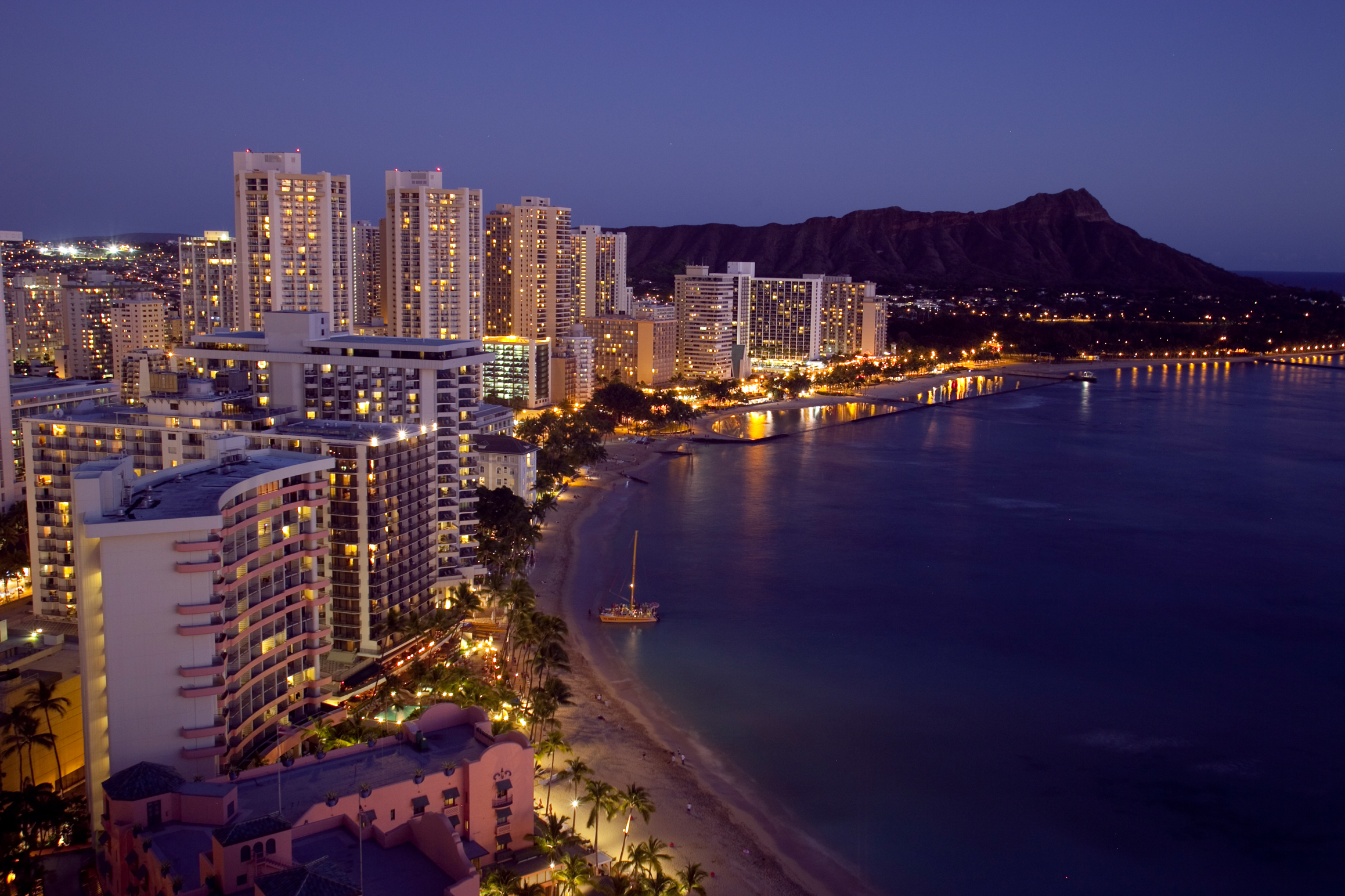
Brand Marketing Strategic Goal
HTA’s brand marketing goal is to strengthen tourism’s contributions by taking the lead in protecting and enhancing Hawai‘i’s globally competitive brand in a way that is coordinated, authentic, and market-appropriate; is focused on Hawai‘i’s unique culture and natural environment; and supports Hawai‘i’s economy by effectively attracting mindful high-value travelers.
HTA’s Global Marketing Team
HTA contracts marketing organizations worldwide – collectively known as its Global Marketing Team (GMT) – to inspire mindful travel and support regenerative tourism for the Hawaiian Islands. The GMT maintains a deep understanding of its respective markets, and also serves as the Hawai‘i resource for timely distribution of information and communication.
The GMT covers Hawai‘i’s main source markets for visitors – the U.S., Japan, Canada, Oceania, Korea, China and Europe.
The GMT is charged with developing and executing annual Brand Marketing Plans (BMP) for their respective markets. These plans are reviewed and refined on a regular basis.
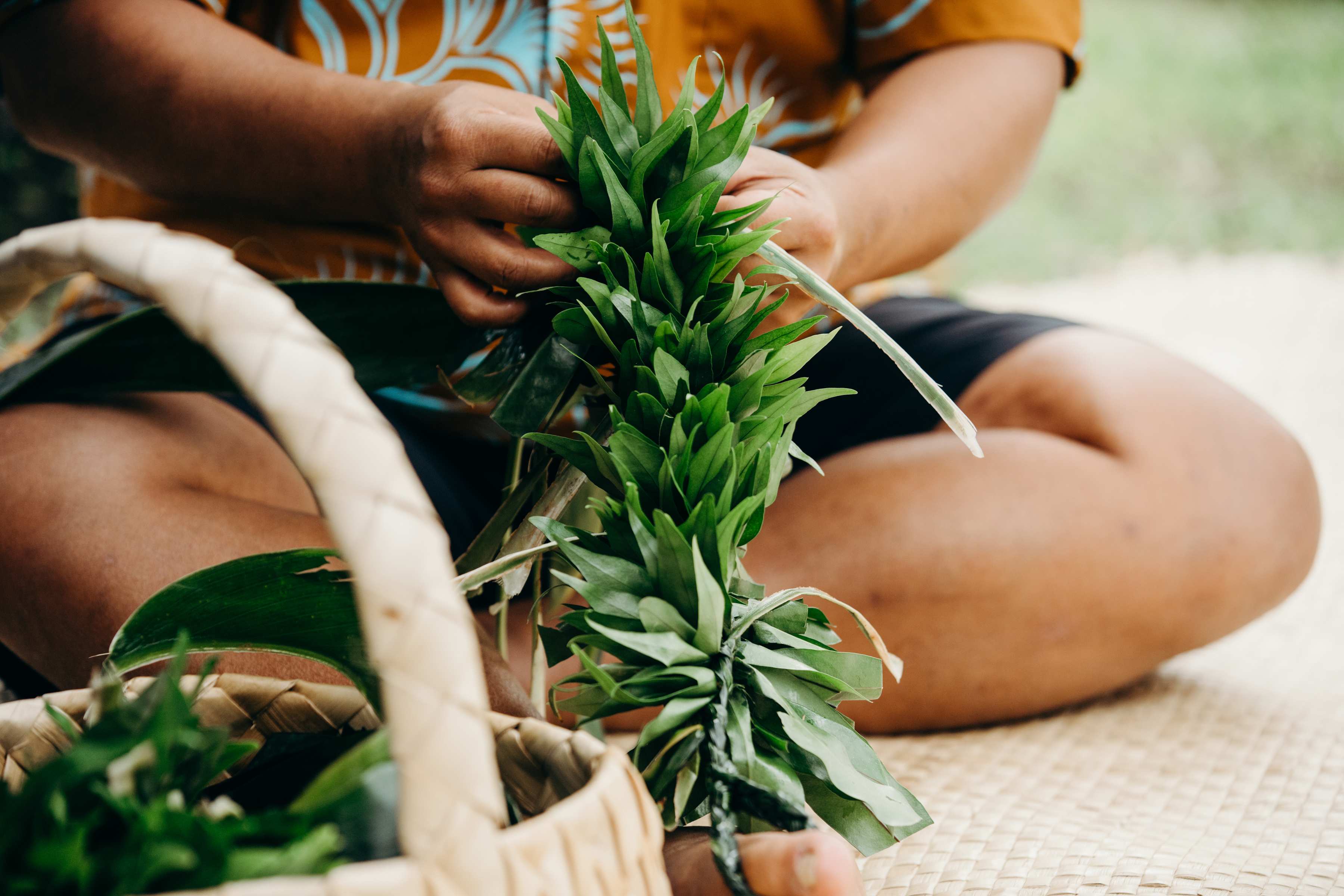
Key objectives:
-
Brand marketing campaigns and programs shall be guided and informed by the Hawaiian values of aloha, mālama, ho‘okipa and kuleana.
-
Maintain the cultural integrity of the Hawaiian language, customs and practices, cultural and historic sites, and imagery in all brand marketing initiatives. Highlight the diversity of Hawai‘i’s people, place, and culture.
-
Drive destination brand awareness. Manage the brand of the Hawaiian Islands as well as the specific brands of Kauaʻi, Oʻahu, Lānaʻi, Molokaʻi, Maui, and Hawai‘i Island.
- Take advantage of market insights and intelligence on trends, distribution dynamics, consumer insights, and competitive analysis. Stay adaptable to changing market trends and continuously innovate to keep the brand relevant.
- Cultivate the next generation of mindful travelers.
- Increase per person expenditures and total spending in alignment with the HTA’s KPIs.
- Educate visitors with specific information about safe and respectful/mindful travel to provide a seamless message throughout the entire visitor journey.
- Develop airline relationships with the goal of monitoring and optimizing load factors and supporting routes as directed.
- Focus marketing and support tour product development to build a desire to visit during shoulder periods and encourage multi-island itineraries.
- Assist the HTA’s Global MCI Contractor “Meet Hawai‘i” in securing MCI group business with special focus on the state-owned Hawai‘i Convention Center (HCC) and citywide convention growth.
- Emphasis should be to drive visitor spending into Hawai‘i-based businesses and organizations as a means to support a healthy economy, in partnership with the HTA, DBEDT, the private sector, etc.
- Assist the HTA and other designated entities with crisis management and communication related to the visitors and/or visitor industry.
- At the HTA’s direction, support Hawai‘i-based projects, programs, and initiatives.
- Where necessary, engage local communities and/or stakeholders to ensure their support and participation.
- Ensure that initiatives are metrics-driven.


